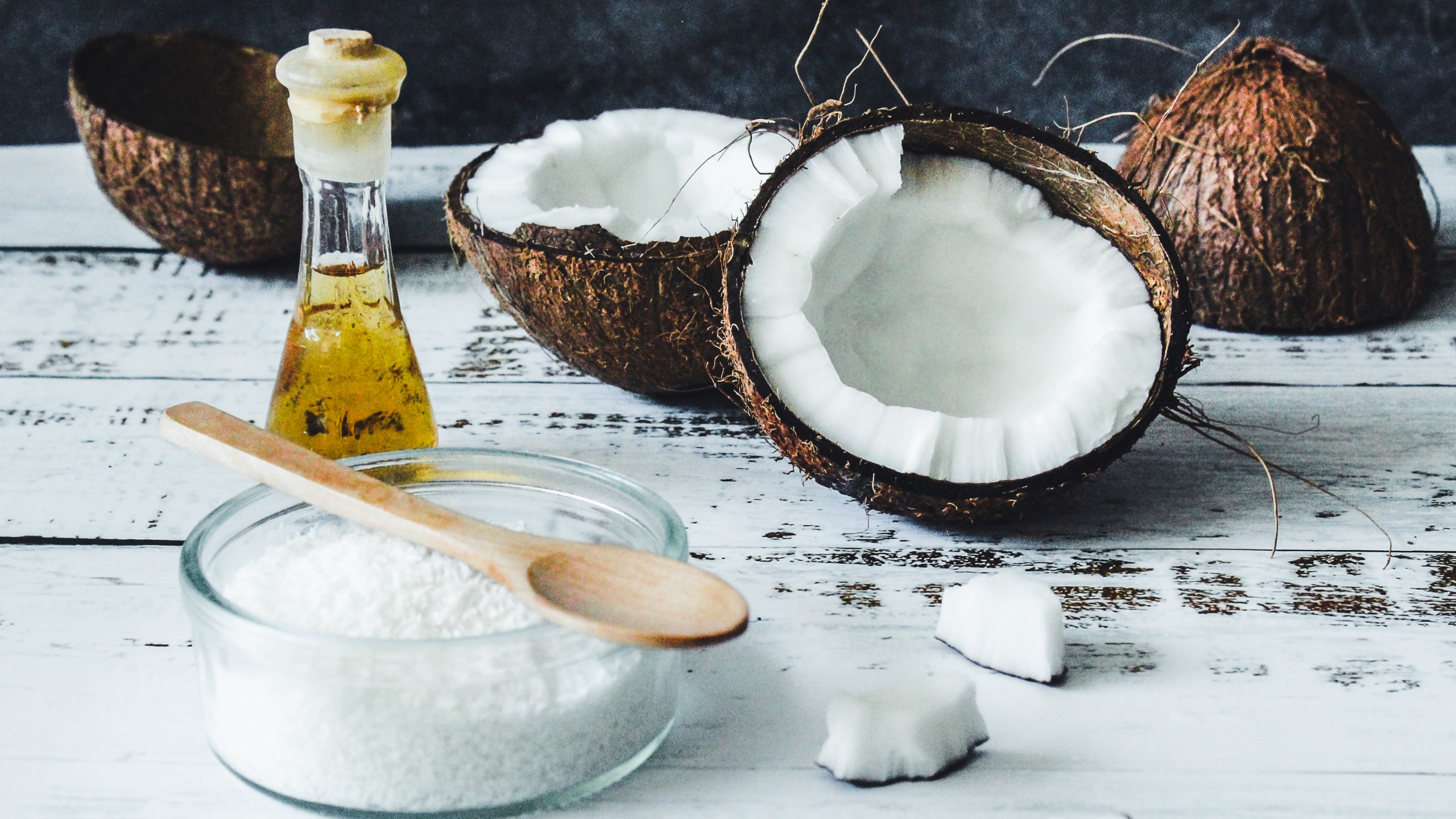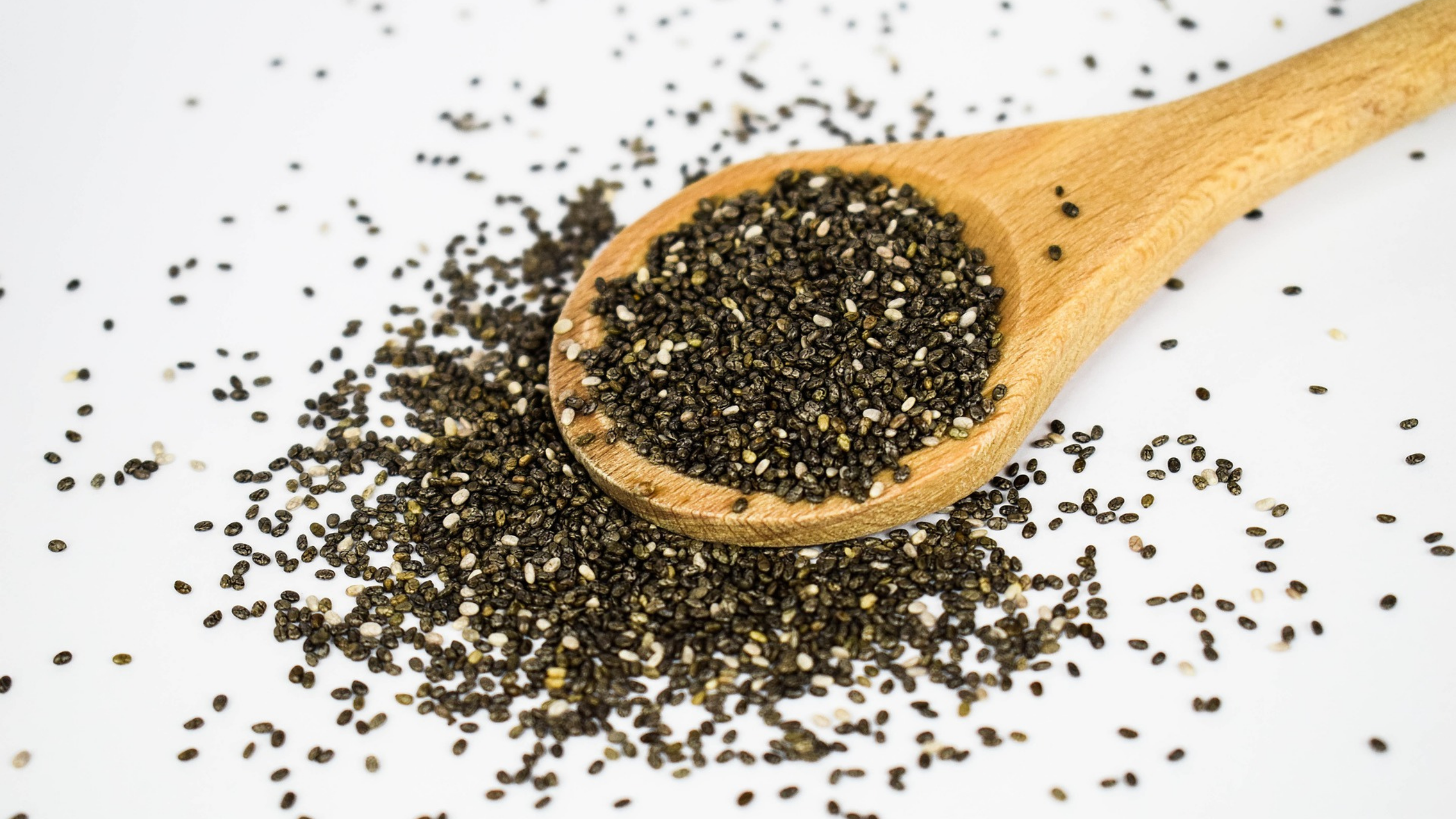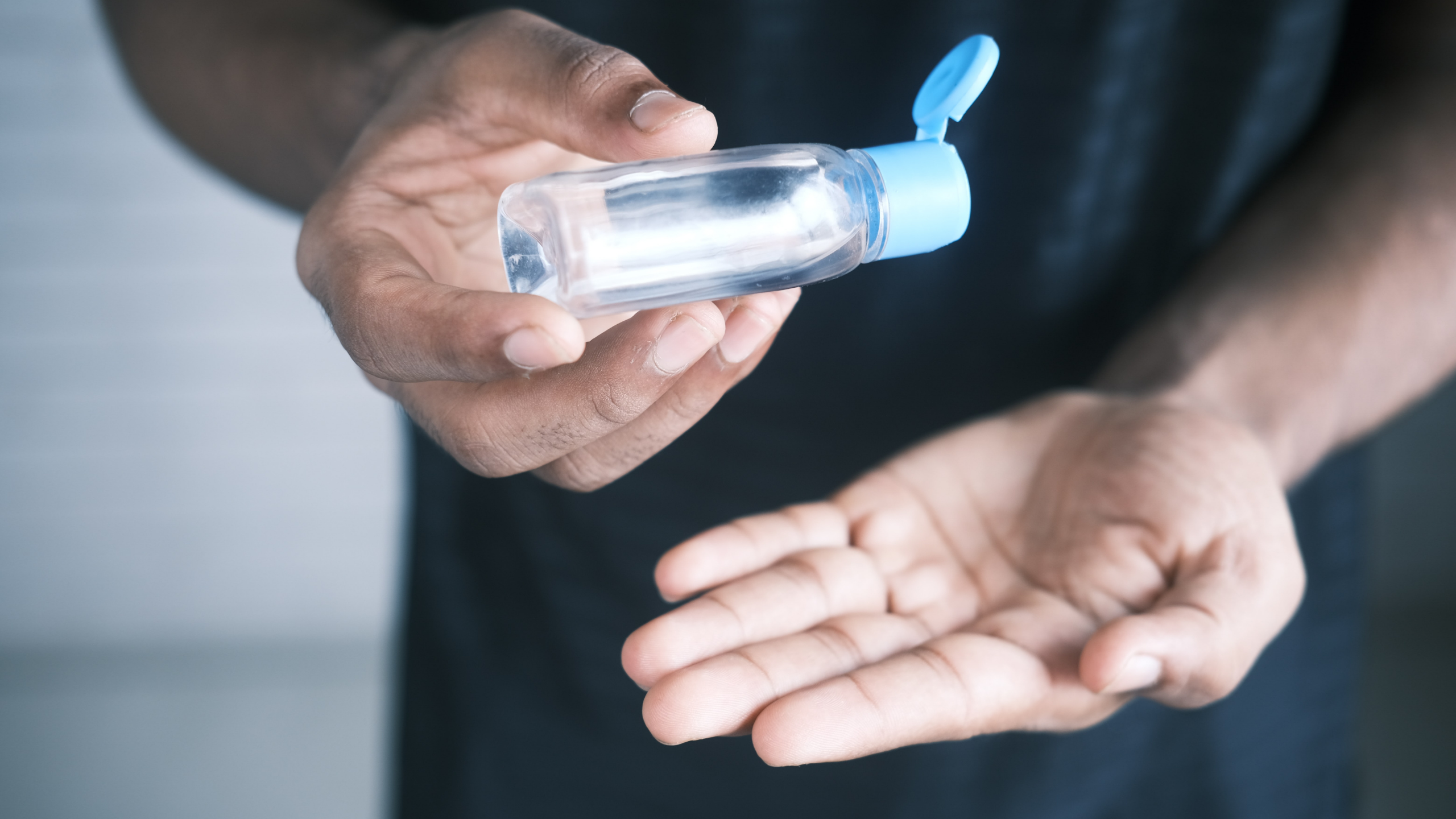Naturalness and ecology are doing great not only in the food industry, but also in the cosmetics industry. The natural and organic cosmetics market is growing year on year, thanks to not only increasing consumer awareness or interest, but also the expanding range of those products on the shelves of beauty supply stores.
Many consumers associate natural cosmetics with those that are healthier, more effective, and less harmful to the environment. In the time of a pandemic, people want to take better care of their health and well-being, they more often think about immunity and, consequently, they also want to choose higher quality cosmetics that are less processed and more natural. A consequence of consumers’ ecological choices is greater interest in product characteristics such as “less waste”, i.e., reduction in the amount of waste produced as a result of using cosmetics, or “waterless”, meaning products in the making of which water consumption was reduced, for example, soaps, shampoos, and hair conditioners that take the form of bars.
With the ecological approach to cosmetic products, consumer awareness will continue to grow. Apart from analyzing ingredients listed in accordance with the INCI, they’ll want to verify that a brand operates ethically by choosing ingredients, production processes, and packaging that are not harmful to the natural environment. Cosmetics users will pay attention to ensure that the product’s composition is as simple and safe as possible, but also that it’s not a threat to water resources or oceans.
In addition to consumers acting on their own, they want cosmetic brands to be truly transparent and provide education / constant access to information saying on what basis any specific marketing claims have been put on their packaging. This includes the effects of a preparation as well as the reason why the product has been declared to be natural or organic, cruelty-free or vegan.
Cosmetic brands are facing a big challenge to meet the expectations of ever more conscious and demanding consumers. They have to build trust, ensure that a cosmetic is safe, thoroughly tested, and that its ingredients and packaging don’t pollute the environment.






